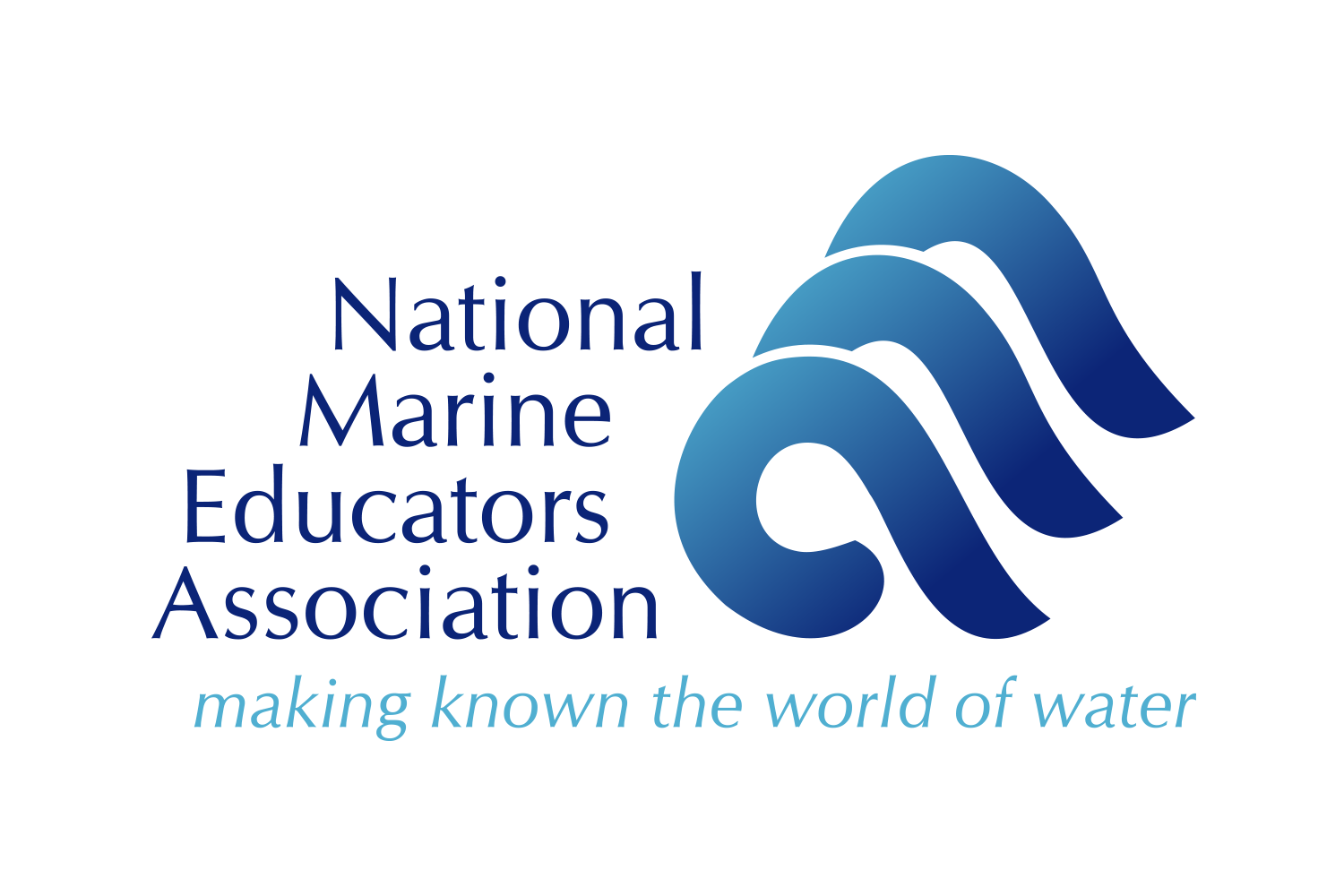NMEA@NSTA 2019
On the first day of the National Science Teachers Association’s (NSTA) National Conference, NMEA sponsors a series of presentations, all in one location and all by NMEA members. The day starts with our Whale of a Share-a-Thon—an opportunity for NMEA chapters to promote their regional organizations and provide formal and informal science educators resources and activities for all grade levels. The Share-a-Thon is followed by a track of sessions by NMEA members that are related to marine and aquatic education.
Next year, the NSTA will be held in Boston, MA from April 2 – 5, 2020. Each year, NMEA holds its mid-year board meeting the day before the NSTA annual conference.
Schedule at a Glance
| Time | Title | Presenter |
|---|---|---|
| 8:00 – 9:00 am | Whale of a Share-A-Thon | Mellie Lewis and NMEA Chapter Representatives |
| 9:30 – 10:30 am | Marine Science and Technology in the Classroom | Sandra Ryack-Bell |
| 12:30 – 1:30 pm | Bridge DATA Series: Sea Level Trends | Celia Cackowski |
| 2:00 – 3:00 pm | Using the NGSS To Explore The Oceans: Engaging Students in the Phenomena of Inner Space | Peter McLaren, April Tucker, Susan Haynes |
WHALE OF A SHARE-A-THON
Thursday, April 11, 2019, 8:00 AM - 9:00 AM
The National Marine Educators Association (NMEA) invites you to engage in hands-on activities and take home resources for your classroom. Join us to discover how you can become involved in both ocean and freshwater initiatives from local and national organizations to promote ocean and climate literacy.
SHARE-A-THON PRESENTERS
| Presenter | Institution |
|---|---|
| Linda Chilton | (University of Southern California, Sea Grant Program: Los Angeles, CA) |
| Allie LeBeau | (Aquarium of the Pacific: Long Beach, CA) |
| Kathy Fuller | (William S, Schmidt Outdoor Education Center: Brandywine, MD) |
| Mellie Lewis | (NOAA National Ocean Service: Silver Spring, MD) |
| William Hanshumaker | (Oregon Sea Grant: Newport, OR) |
NMEA TRACK OF SESSIONS
Thursday, April 11, 2019, 9:30 AM - 3:00 PM
After the Share-A-Thon, stay for the day for the NMEA track of sessions in the same room!
Marine Science and Technology in the Classroom
Sandra Ryack-Bell, Museum Institute for Teaching Science
9:30 - 10:30 am
NMEA Chapter: Massachusetts Marine Educators (MME)
Ocean Literacy Principles addressed:
Principal 6 - The ocean and humans are inextricably interconnected.
Principal 7 - The ocean is largely unexplored.
Abstract: Immerse yourself in investigations linking engineering and marine science. Design ocean animal prosthetics, explore engineering solutions based on ocean animals and investigate aquaculture best practices.
Bridge DATA Series: Sea Level Trends
Celia Cackowski / Bridge Ocean Education, Virginia Institute of Marine Science, College of William & Mary
12:30 - 1:30 pm
NMEA Chapter: Mid-Atlantic Marine Education Association (MAMEA)
Ocean Literacy Principles Addressed: 1, 2, 3, 6
Abstract: For decades, we've been hearing the terms "global warming" or "global climate change," but what do those terms mean to each of us? How is our world changing and why? This lesson is designed as an introductory activity exploring one facet of global climate change: sea level rise. With the help of the presenter, participants will access real scientific data to investigate and compare long-term changes in sea level from different coastal locations around the United States.
Using the NGSS To Explore The Oceans: Engaging Students in the Phenomena of Inner Space
Peter McLaren, April Tucker, Susan Haynes
2:00 - 3:00 pm
Abstract: This session is designed to support educators engage students with the rich phenomena that Ocean Exploration provides through lessons aligned to the NGSS.
